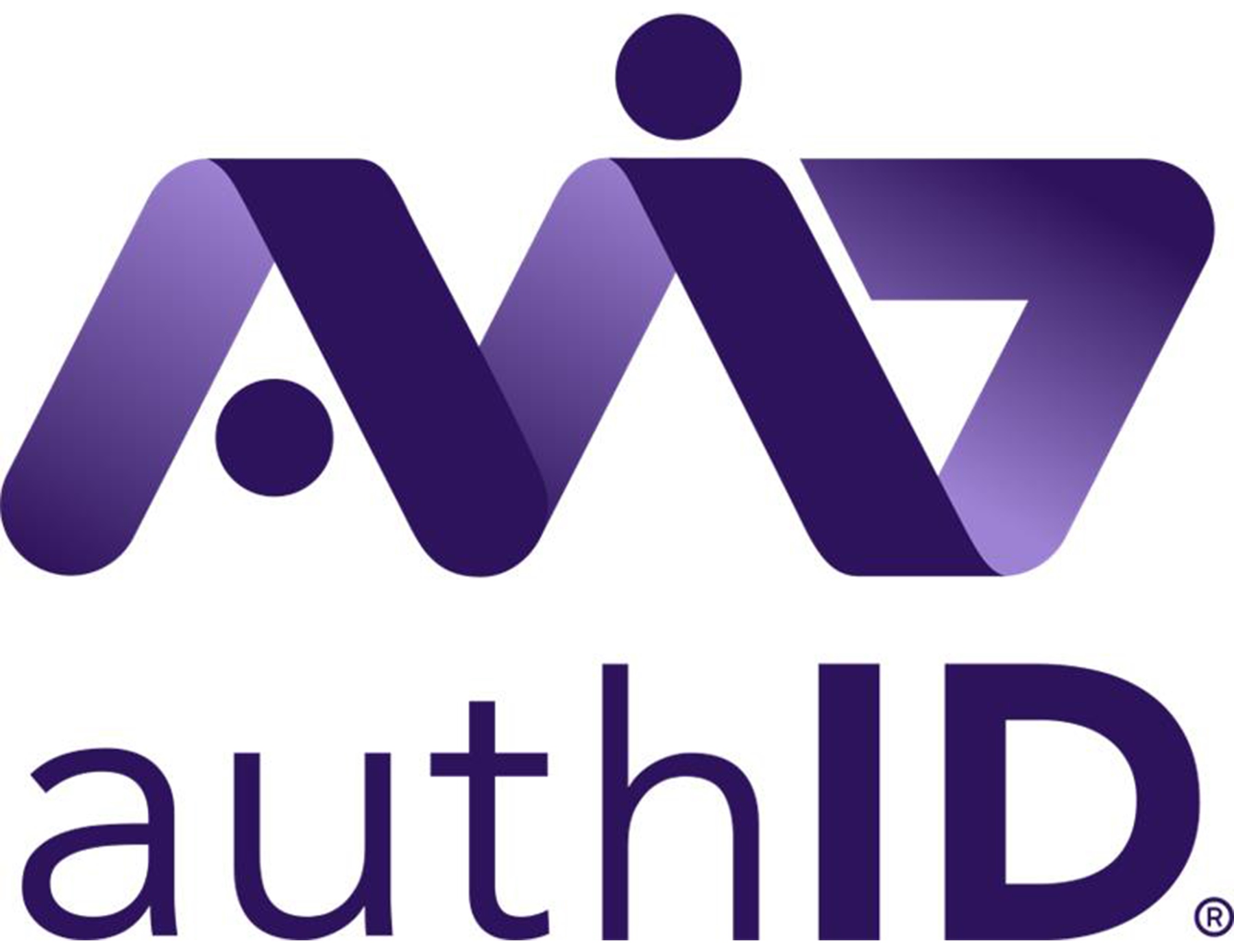Blockchain
Function X blockchain to expand public validator nodes, onboards Asosiasi Blockchain Indonesia, Blockchain Collaborative Consortium, and European University Cyprus

Function X Foundation announced that the number of the validator nodes on its Function X blockchain — known as FXCore — increased from 20 to 50.
Function X is a network of independent heterogeneous but also interoperable blockchains. Existing applications, websites, data, and services can become decentralized through the Function X network.
The role of validators is to run a full-node and participate in consensus by broadcasting votes which contain cryptographic signatures signed by their private key. They must also participate in governance by voting on proposals. Validators are weighted according to their total stake.
It’s also confirmed that Asosiasi Blockchain Indonesia, Blockchain Collaborative Consortium, and European University Cyprus became three of the first public nodes from non-profit organizations, enabling the network moves closer to true decentralization while still maintaining network security and stability.
The increase in validator nodes was decided after a proposal was passed through FX (the governance token of the Function X network) holders on the motion. The voting period on the decision was held from November 11 to November 25, with proponents for increasing the nodes stating that doing so would increase decentralization on the network.
On the other hand, having three respected institutions such as the Asosiasi Blockchain Indonesia, Blockchain Collaborative Consortium, and European University Cyprus will bring a new level of expertise to the work of validating the Function X network. All three organizations have worked with Pundi X, the company developing the Function X project, on blockchain education and adoption.
“We’re working with trusted organizations in helping the Function X blockchain reach its full potential,” said Function X Foundation President David Ben Kay. “Having them onboard affords the Function X project the perfect combination of trust, collaboration, and expertise.”
“We’re excited to set up a public node with Function X given their extensive experience of innovating the blockchain industry. It allows us to participate in the governance and build the network” said Costas Papacostantinou, Director of Information Systems and Operation of European University Cyprus.
“Participating in Function X as a public validator allows us to contribute together with the international blockchain community. This is a collective effort to operate as a decentralized organization. We are happy to be part of it,” said Asih Karnengsih, Chairwoman of Asosiasi Blockchain Indonesia.
As of writing, the Function X network has created over 2 million blocks with an average block time of 5 seconds since its mainnet launch in July 2021.
“With more people helping out and participating in the Function X project, we expect it to truly make an impact in no time,” Kay said. “Our vision has always been to create a world that’s more efficient through blockchain. The latest news on validator nodes will certainly bring us closer.”
Blockchain
Transactix Launches New Era in Canadian Payments
Blockchain
New Stablecoin from Transactix Reshaping Canadian Cryptocurrency Landscape
Blockchain
authID Reports Financial and Operating Results for the First Quarter Ended March 31, 2025
-
Blockchain7 days ago
Colb Asset SA Raises $7.3 Million in Oversubscribed Round to Bring Pre-IPO Giants to Blockchain
-

 Blockchain Press Releases6 days ago
Blockchain Press Releases6 days agoHTX and Justin Sun Launch $6M Mars Program Special Edition, Offering One User a Historic Space Journey
-

 Blockchain5 days ago
Blockchain5 days agoBitget Blockchain4Youth sostiene l’innovazione del Web3 e dell’IA all’hackathon “Build with AI” di Google Developer Group
-

 Blockchain6 days ago
Blockchain6 days agoBlocks & Headlines: Today in Blockchain – May 9, 2025 | Robinhood, Solana, Tether, China, Women in Web3
-

 Blockchain Press Releases5 days ago
Blockchain Press Releases5 days agoBybit Surpasses 70 Million Users, Reinforces Commitment to Transparency and Institutional Growth
-

 Blockchain7 days ago
Blockchain7 days agoBlocks & Headlines: Today in Blockchain – May 7, 2025 | Coinbase, Riot Games, Curve DAO, Litecoin, AR.IO
-

 Blockchain7 days ago
Blockchain7 days agoFlipido Trading Center Launches ‘Flipido Learn’ Platform to Empower Crypto Investors Through Education
-

 Blockchain Press Releases6 days ago
Blockchain Press Releases6 days agoMEXC Lists USD1, Accelerating Global Stablecoin Innovation with World Liberty Financial











































